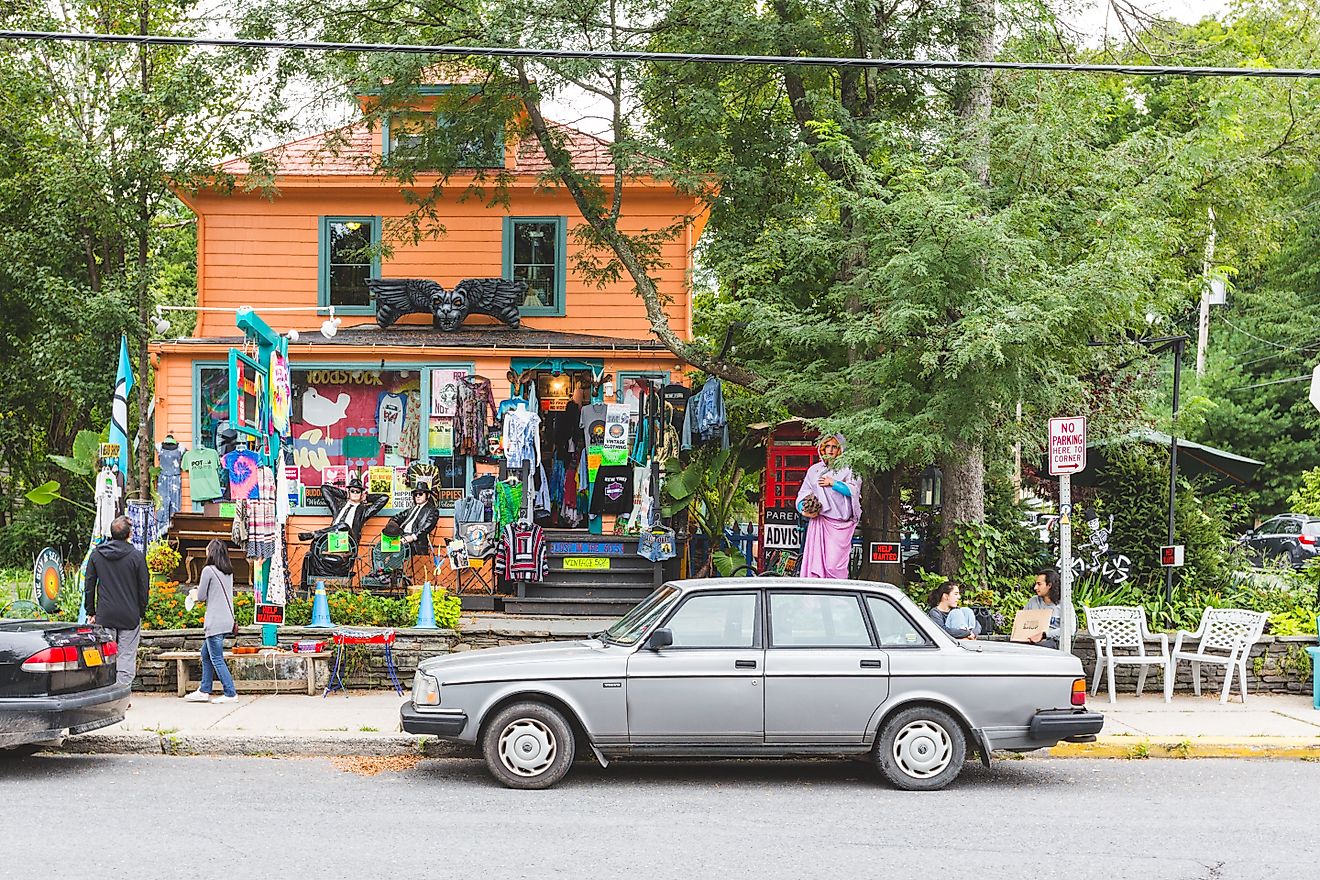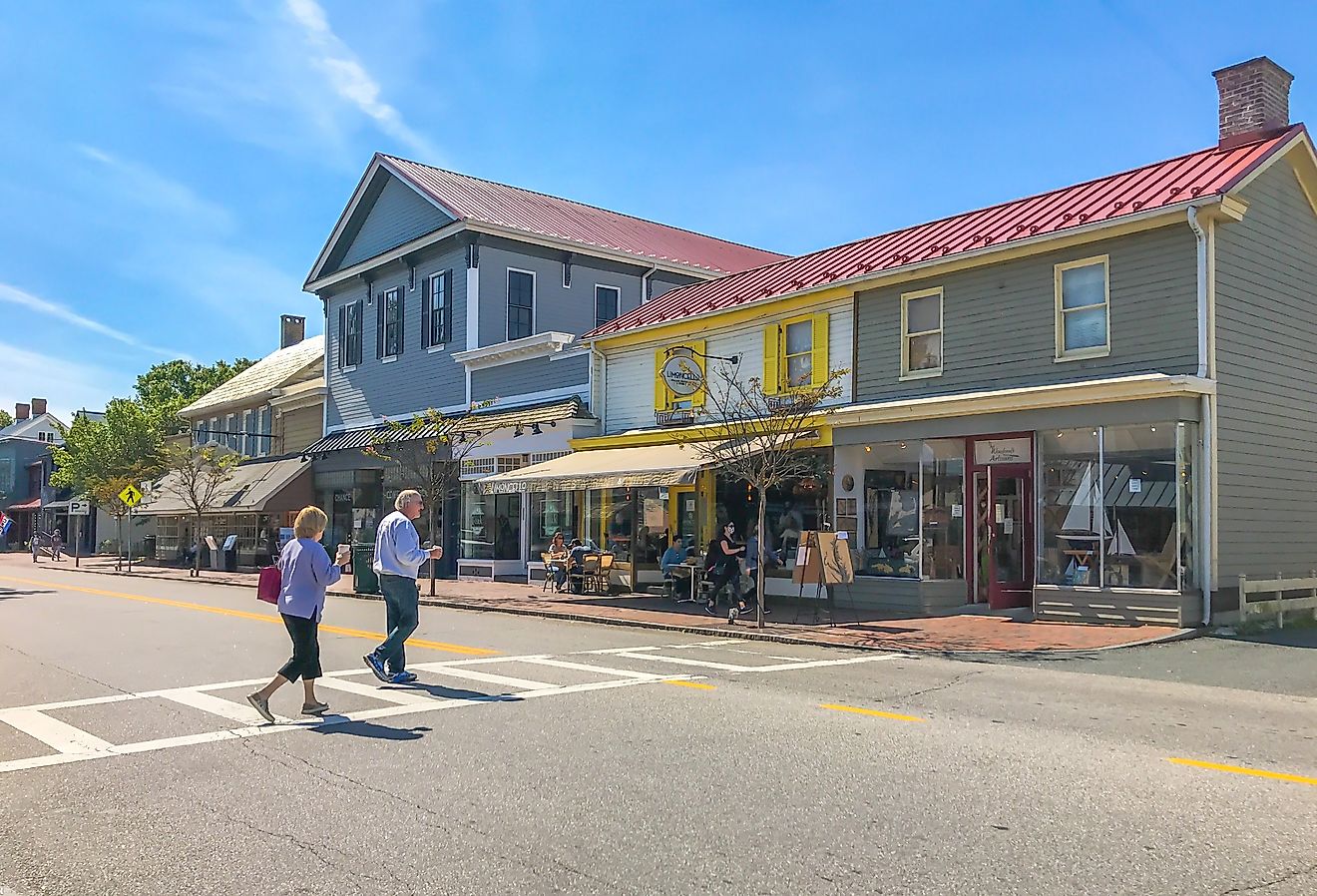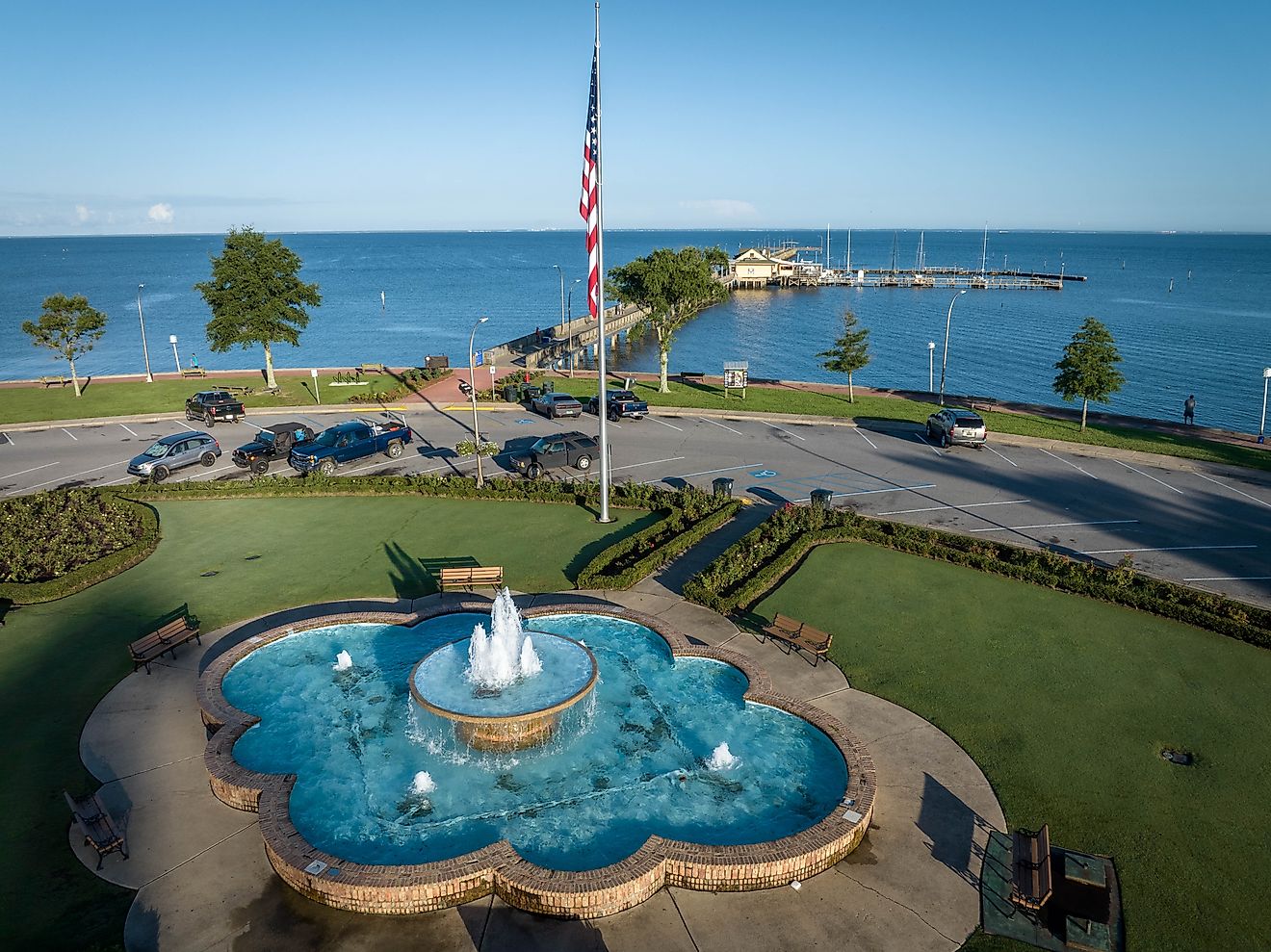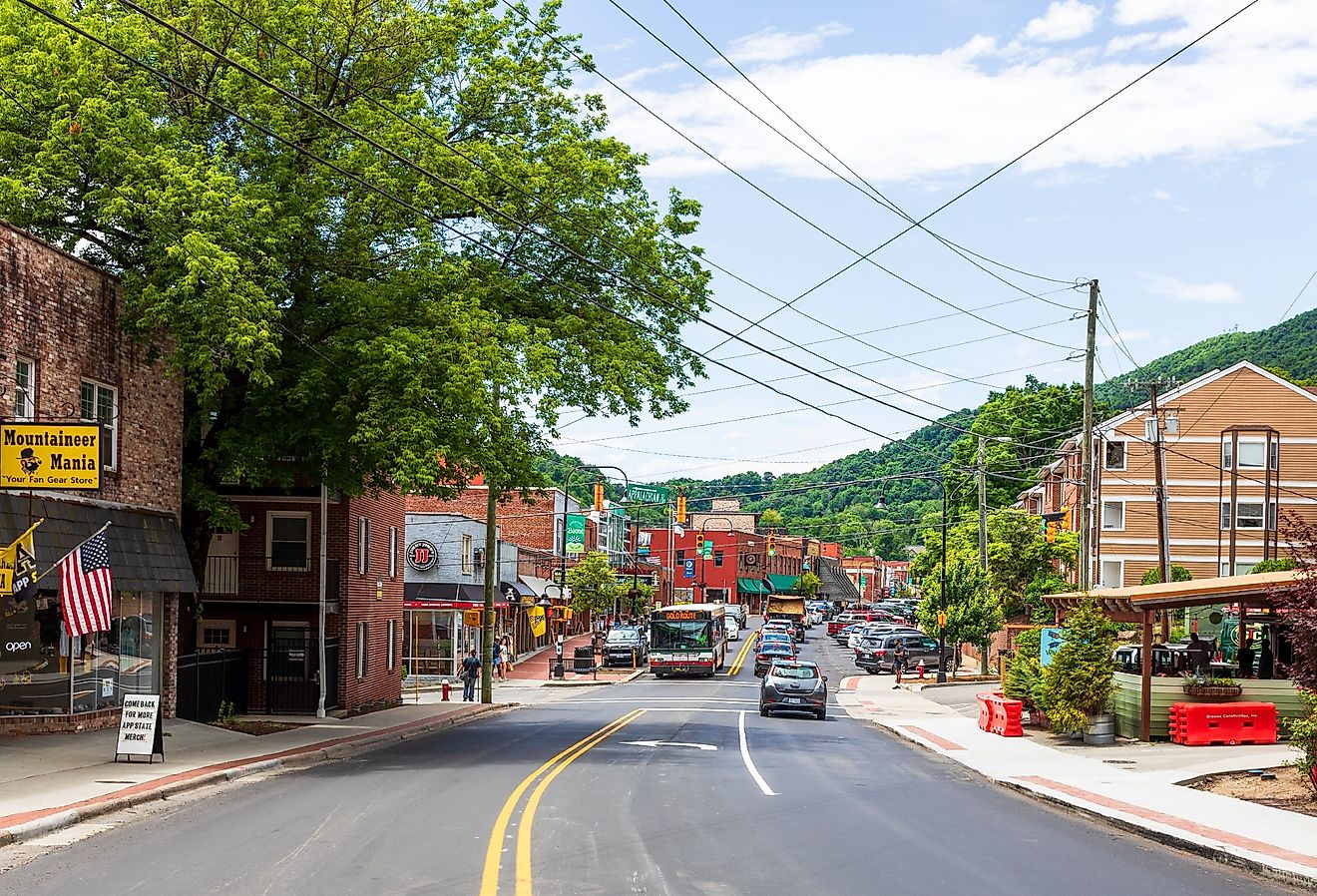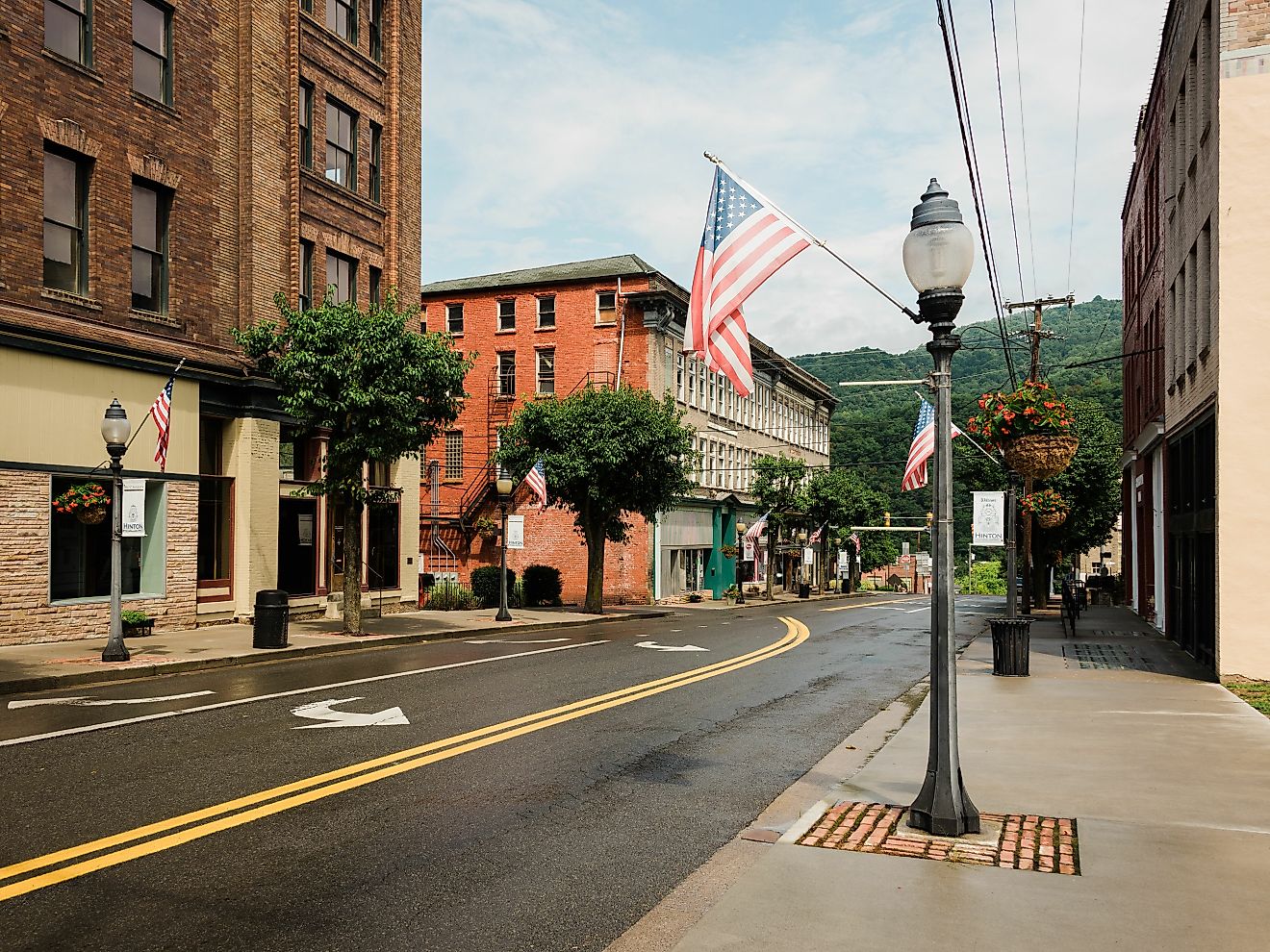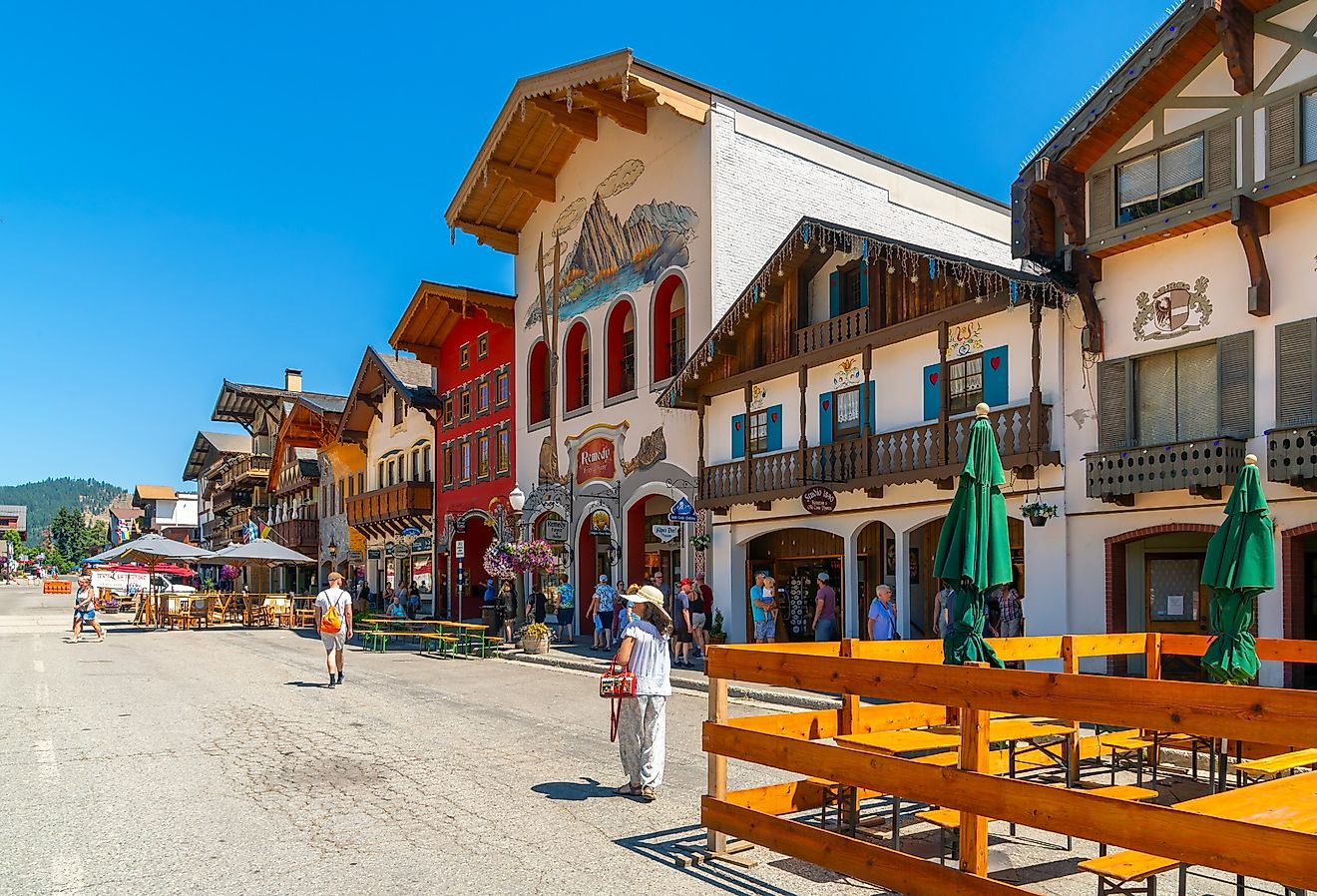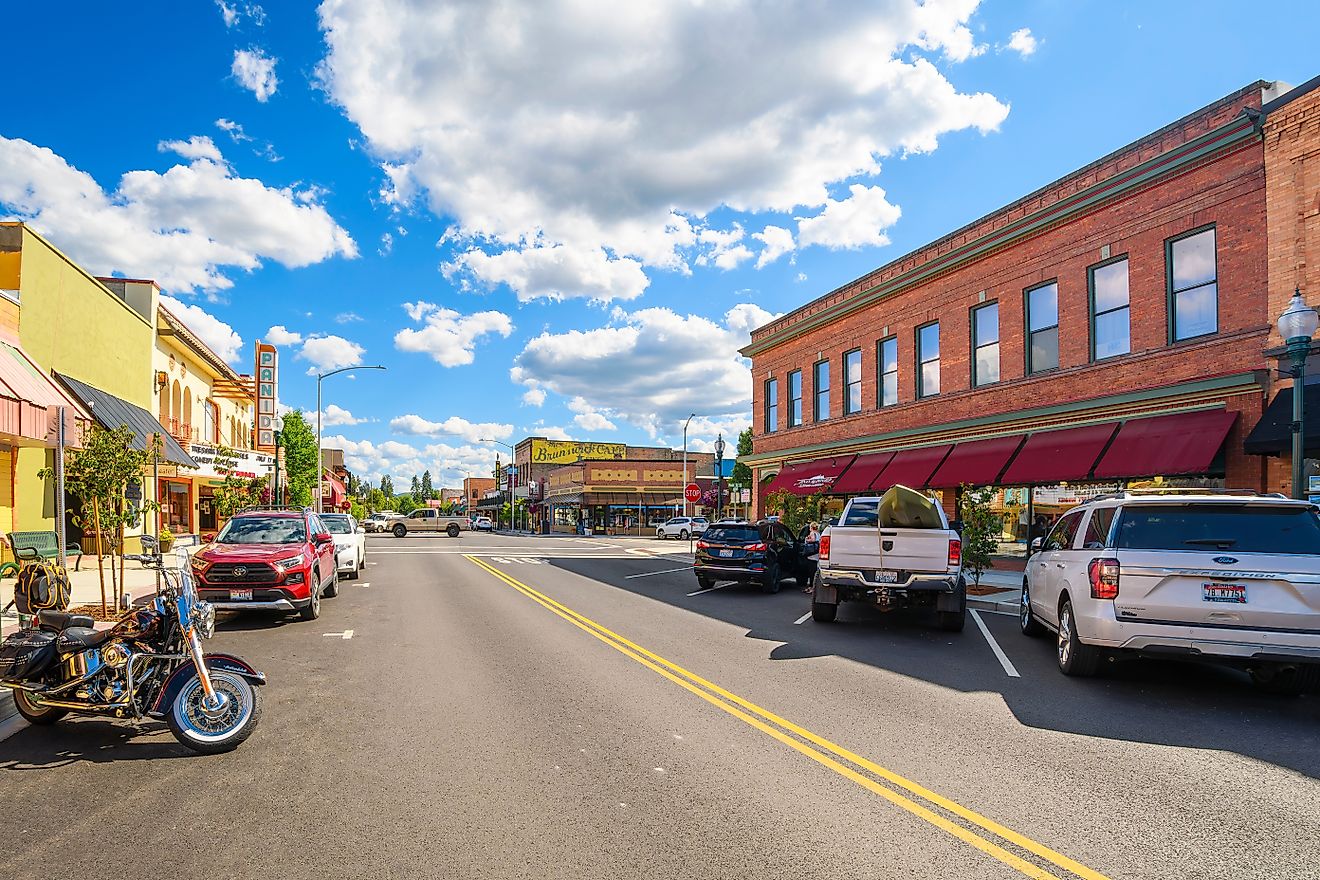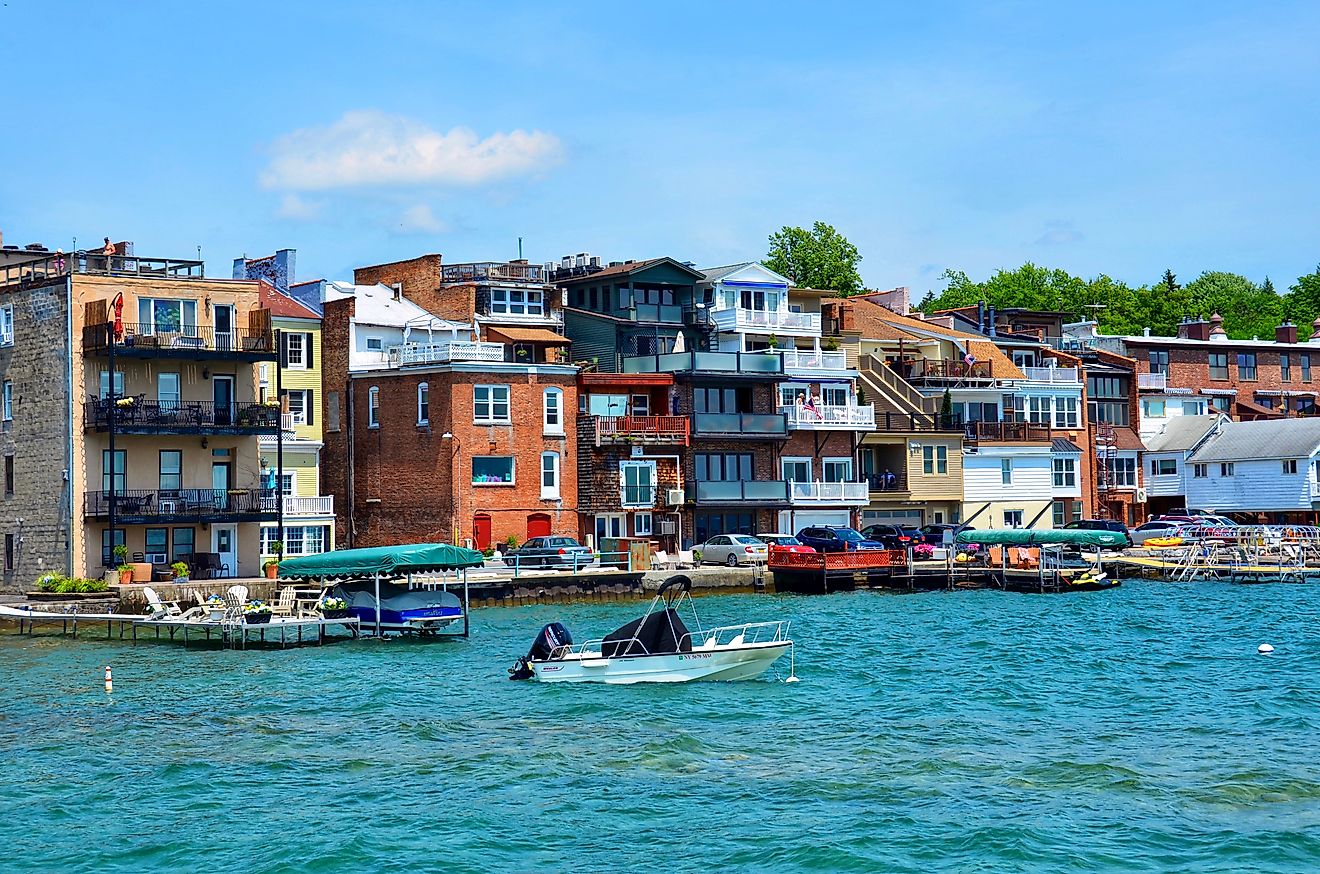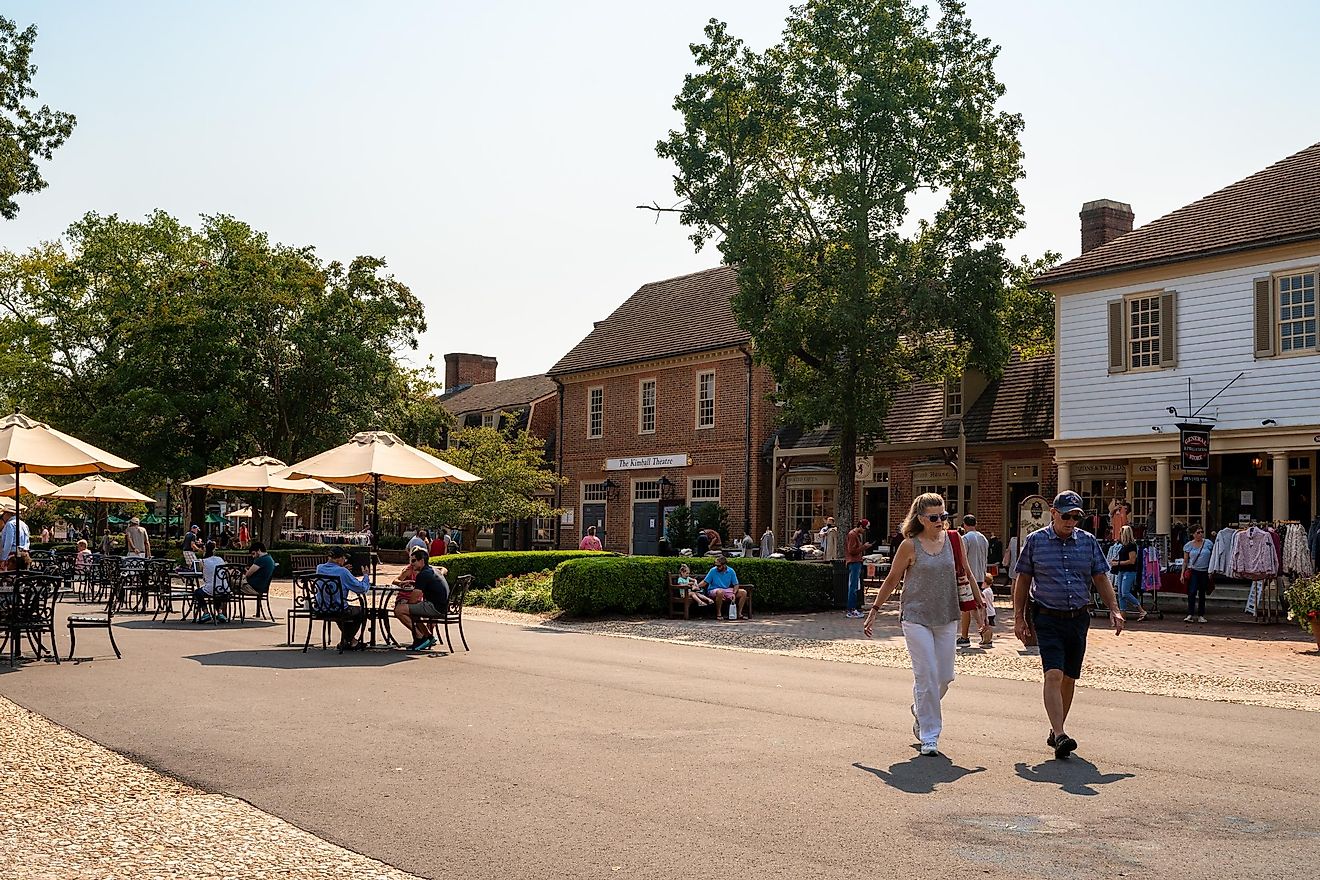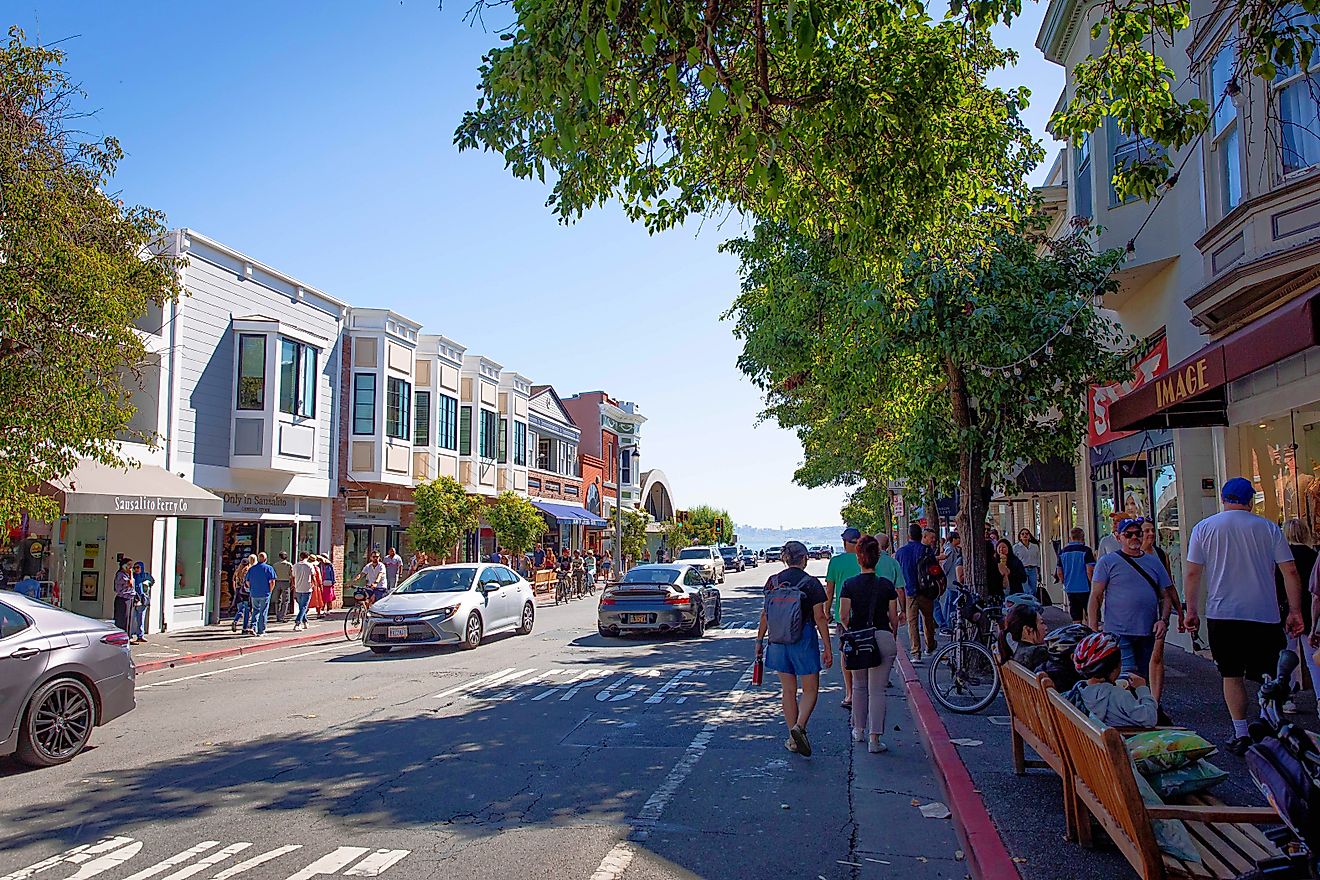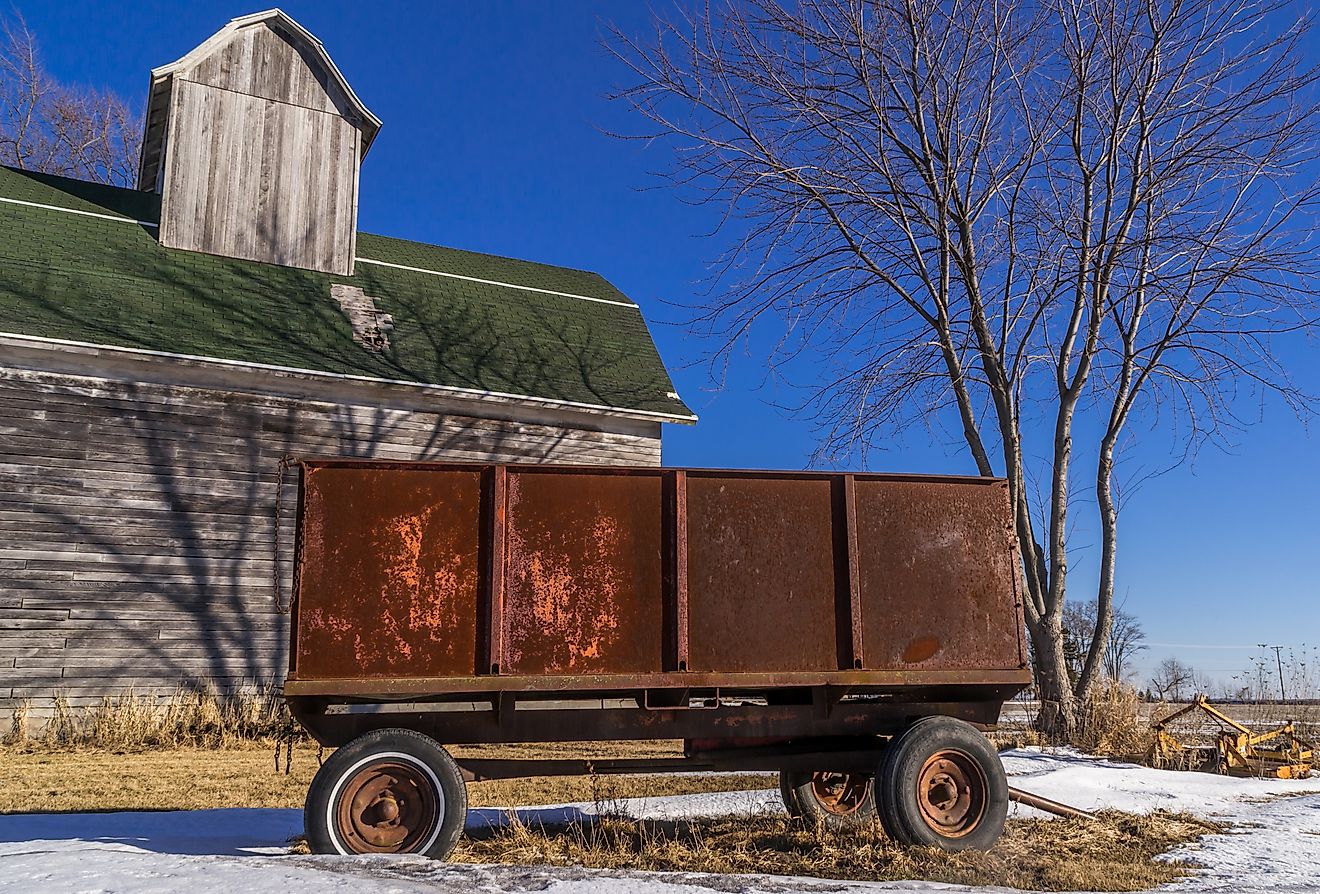
Baton Rouge, Louisiana
The hub of all things in Louisiana, Baton Rouge, is a culturally rich city and a charming one, blessed with a prime central location and housing more than 300 years of eventful and rich history. It has a fusion of the old and new and is a place that blends antiquity and the progressiveness of our modern world. Baton Rouge has played a significant role in the growth and development of the state and now serves as an economic hub and a political center, being the state's governing body and capital.
Geography And Climate Of Baton Rouge

Baton Rouge is a city located in Louisiana and is the state's capital. Baton Rouge is the parish seat of East Baton Rouge Parish, one of the eight parishes in southeast Louisiana, United States, also known as the Florida Parishes.
The city is situated on the banks of the Mississippi River in the southeastern-central part of Louisiana and strategically positioned on the first group of natural bluffs north of the coastal plains of the Mississippi River Delta, that at the Gulf of Mexico. Baton Rouge covers an area of 79.15 square miles, 2.2 square miles of which is water. It comes after New Orleans in area space and is considered the second-largest city in Louisiana.
The city serves as a transportation hub between several metropolitan areas such as Greater New Orleans, Greater Houston, and Greater Jackson due to its proximity to them. The city is almost 79 miles away from New Orleans and 56 miles from Lafayette.
According to the Köppen climate classification, Baton Rouge has a humid subtropical climate. Its winters are mild with rare freezing weather, and summers are hot and humid. The city's proximity to the Gulf of Mexico exposes it to hurricanes, as Hurricane Gustav, the city's worst-ever storm, struck the region back in 2008. However, it is protected from flooding due to its site on the bluffs and along the river, stretching a levee system that protects the riverfront and low-lying areas. After the hit of Hurricane Katrina on New Orleans and surrounding areas, Baton Rouge and its Greater Metroplex were sought as a shelter for many.
Demographics Of Baton Rouge
Baton Rouge's latest population record in 2020 by US Census was 227,420. The Metropolitan area of Baton Rouge saw an increase in population to be of 870,569 as a result of recent suburbanization.
The city of Baton Rouge has a similar trend as that of New Orleans in terms of racial and ethnic distribution. The racial makeup is 53.5% African Americans, 38.1% White, 3.7% Asian, and the rest of two or more races. As for religion, the predominant practiced religion in Baton Rouge is Christianity, with Catholicism and Baptism having the more significant influence.
The Rich History Of Baton Rouge

Baton Rouge owns a fascinating prehistory, with archaeological evidence of Paleo-Indians' habitation dating to 12,000 BC. Since the early European settlements, Baton Rouge has had seven flags flown over it, fighting for supremacy and control. The British, French, and Spanish all ruled in the colonial era of the region. The Spanish expedition traveled from the shores of the Gulf of Mexico to the area where it saw raids inland in the early 16th century.
In 1698, Pierre Le Moyne d'Iberville, a French explorer making his way upriver during a sighting, caught attention to a bloodied red pole used to mark the boundaries of tribal territories of Native Americans. He thus dubbed the area "Le Bâton Rouge," French for "Red Stick." The French held the territory until 1762, when Baton Rouge was ceded to the British by the end of the French-Indian war, replacing it with the Crosses of England. During the American Revolution, the Spanish re-established control in 1779 when they laid siege to the fort previously built and garrisoned by the French, forcing the withdrawal and surrendering of the British.
The territory that compasses the Florida parishes, which Baton Rouge lies within, was not included in the Louisiana purchase in 1803 and therefore claimed by Spain along with the West Florida territory. The Spanish sustained dominance until 1810 when the colonists of the West Florida Republic unfurled the republic's flag after overthrowing the Spanish government by planning a rebellion to revolt against them.
Louisiana was admitted in 1812 as the 18th state of the US, and Baton Rouge became part of the state in the same year. It then saw its official incorporation by the United States of America in 1817 and became the capital of the Louisiana State in 1849.
Shortly prior to the outbreak of the American civil war, Louisiana joined the Confederacy in 1861. The city of Baton Rouge was in the midst of the conflict and was recaptured by the Union to be later readmitted to them in 1865. At the end of the war, Baton Rouge started a new era and a colorful history for the area.
Economy Of Baton Rouge

Baton Rouge is a cultural and economic center of the metroplex of Greater Baton Rouge. It has been a major industrial area and a thriving spot for petrochemical production and manufacturing. It hosts the fourth-largest oil refinery complex in the country and the 10th largest globally.
The city attracted many other industries due to the proximity of the oil fields and abundance of natural resources such as gas and low-cost ocean and river transportation. The port is also considered a contributor to the economy of the city.
Some of the other industries that emerged were medical research, education, services sector, film, arts, and technology. Moreover, major companies take place in Baton Rouge and contribute heavily to its economy.
The Baton Rouge Experience
Baton Rouge offers a unique Louisiana experience and is a perfect city to be explored. The city boasts a basketful of historical and cultural attractions and highlights. Much of this can be learned from its history, seen through its architecture, tasted with its food, listening to its music, enjoyed in the outdoors, and experiencing its eclectic culture and heritage. It has notable historical landmarks such as the Louisiana State Capitol located in Baton Rouge, standing at 450 ft high and making it the tallest capitol in the US. Baton Rouge boasts colorful characters and personalities, projecting its southern charm, lifestyle, tradition, and romance.
